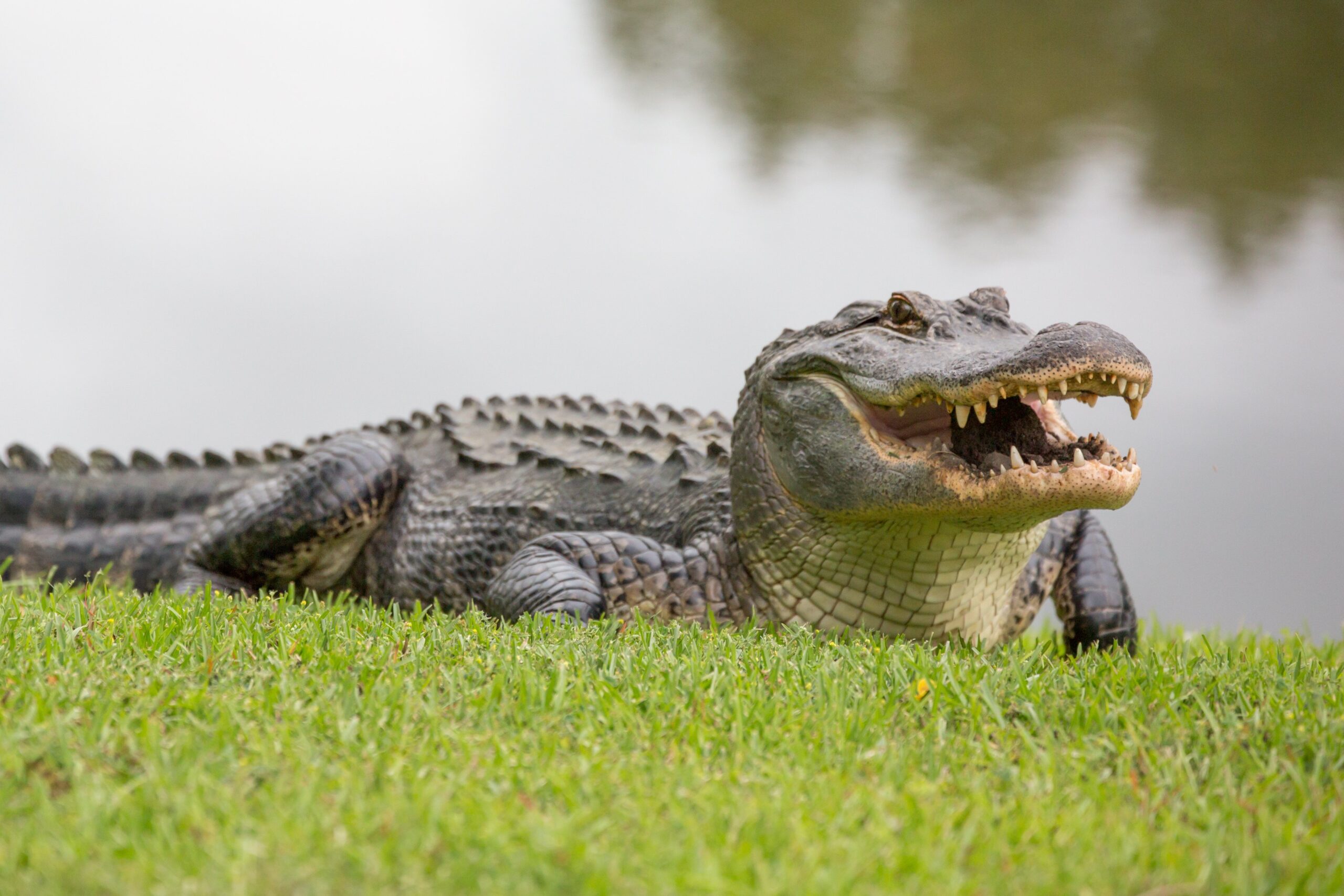
The ferocious gator enjoying dinner.
The District wants to inform residents of the presence of an alligator in the ponds. As the temperature rises, we want to warn against swimming and fishing in the ponds.
There has been a recent confirmed alligator sightings in the ponds. The Board is not taking any action to remove the alligator but wants residents to be aware of the sightings. The district wants to remind residents to treat all wildlife with respect. Feeding, harassing, injuring, or removing wildlife, including alligators, is against the law. Remember that they’re an important part of Texas’s natural history, as well as an integral part of many wetland ecosystems.
Stay safe around alligators by following these rules:
- Do not feed or harass alligators. The District advises against feeding or offering food, including fish or bait, to alligators.
Other tips:
- Retreat: always keep at least 30 feet away from alligators. If you get too close, back away slowly. Do not assume that alligators are slow and sluggish. They are extremely quick and agile and will defend themselves when cornered. They rarely chase people, but they can outrun or outswim the fastest person for the first 30 feet.
- Hiss: If an alligator hisses, it’s warning you that you are too close. Back away slowly.
- Protect: A female protecting her nest or young may charge if you get too close but will quickly return to the nest after you leave. Avoid piles of twigs, grasses and/or soil near the side of the lake. Also avoid any group of small alligators under a foot long.
- Bask: Alligators often bask along the banks of ponds or streams. They are usually warming their bodies; they are not actively hunting. Often a basking alligator will have its mouth open. It is cooling itself, as alligators do not pant or sweat.
- Pets: Pets are the size and shape of common alligator prey. Keep them away from the water’s edge and on leashes that are no longer than 6 feet. Do not leave your pet unsupervised. Alligators have a keen sense of smell. Your pet will be curious, and the alligator may see it as an easy food source.
Texas Parks & Wildlife Department Do’s and Don’ts
- Don’t kill, harass, bother, or try to move alligators. A provoked alligator is likely to bite.
- Don’t feed or entice alligators. When fed, alligators overcome their natural shyness and become accustomed to or attracted to humans.
- Do tell others that feeding alligators creates problems for those who want to use the water for recreation.
- Don’t remove an alligator from its natural habitat or accept one as a pet. It is a violation of state law to do so. You cannot tame an alligator, and even small ones may bite. Never go near baby alligators or pick them up. They may seem cute and harmless, but mama alligator is nearby, and will protect her clutch.
- Keep alligators a safe distance (at least 30 feet) from you.
